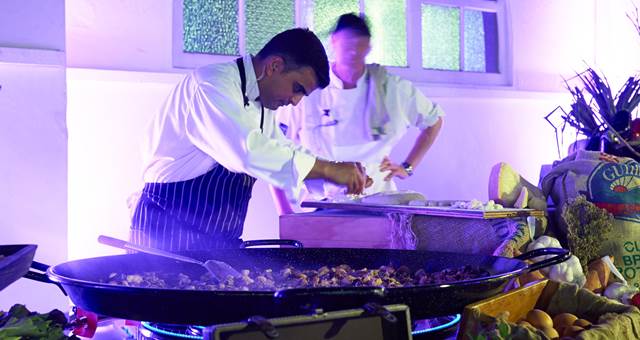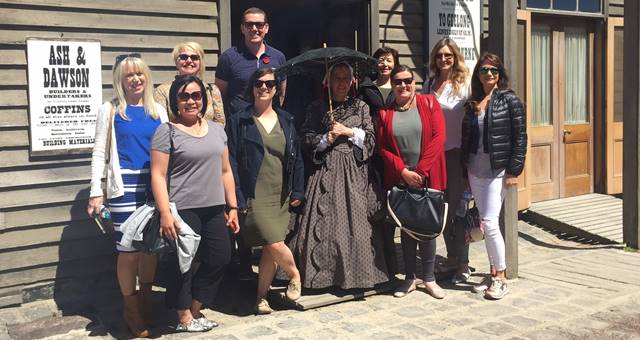

So you want to start a catering a business? Spice caught up with Zachary Swan from Lawpath to discuss the five legals every catering business needs to succeed.
From the most intimate of special occasions to major events, a catering business can be a vibrant venture. But before sending out the first round of appetisers you must be equipped with the right legals to protect your new business.
1. Choosing the Right Business Structure
Deciding your business structure is important. If you are starting from home you may want to set up your catering service on your own or partner up with a friend. As your clients, staff and reputation grows you will want greater legal protection. This can be achieved through company registration.
Regardless of your structure, it is advisable that you obtain an Australian Business Number (ABN). An ABN enhances the legitimacy of your business and allows you to claim credits such as GST credits and obtain an Australian domain name.
2. Employment Contracts
The hospitality industry has one of the highest percentages of casual employees in the Australian workforce. Having the right employment contracts in place is vital. As the industry is seasonal you will likely hire employees on a per-event basis. A casual employment agreement is an efficient way to bring on new staff and offers a range of benefits such as shift flexibility, with employees able to work irregular hours and weekends.
3. Workplace Policies
When hiring staff it is important that you have the right workplace policies in place. Workplace policies set out the values of your business, the expectations of employees and how issues within your business will be resolved. In the catering industry, you will benefit from having policies that set out standards for social media use, anti-discrimination and drugs and alcohol guidelines. Having these policies in place will reduce your business’s liability for instances of discrimination, online harassment or substance abuse committed by your employees during the course of their employment.
4. Compliance with Food Regulations
Depending on the food services your service will offer, it is essential to the success of your business and the wellbeing of your clients that you comply with the appropriate food handling and hygiene regulations. These can differ across state and territories. As a caterer, there are a range of licenses, certifications and programs that you must have in order to serve your clients. Your obligations will also vary depending on the location and venue of the events. It is advisable to contact the relevant food authority to your area.
5. Liquor Licensing
Before popping open your first bottle for an event, you may be required to apply for a liquor license. For example, if you intend to serve liquor as part of your catering service at one-off or a series of events for a limited time, you will need to apply for a temporary liquor license. You must also ensure that all bar staff have undertaken the responsible service of alcohol course relevant to your state or territory.
For further information, click here. LawPath offers access to 200+ legal documents including employment agreements and workplace policies, as well as a network of experienced lawyers that operate on fixed quote basis.



